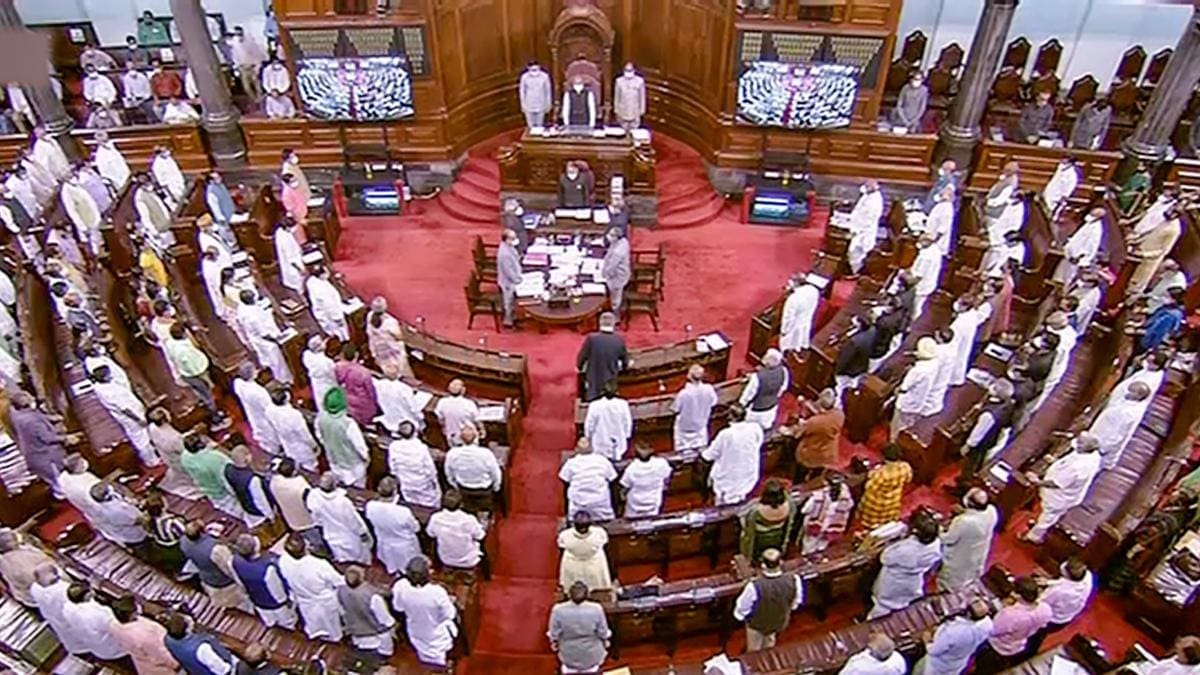During the ongoing winter session of Parliament, the dire straits of the spinning industry in the country, particularly in Ludhiana, have received national attention. During the Zero Hour of the Upper House, Sanjeev Arora, the Rajya Sabha MP from Ludhiana, raised concerns about one of the country’s largest industries. Arora highlighted the deteriorating condition of the textile industry, specifically the spinning sector, and emphasized the need for immediate action and relief from the government.
Struggling Industry Requires Immediate Protection
Arora informed the House that the textile industry operates at only 50% of its capacity nationwide, indicating a critical situation that demands attention. He further stated that the industry directly employs over 45 million workers and significantly benefits millions more indirectly. Arora warned of the potential consequences of neglecting the industry, including massive unemployment and a surge in non-performing assets (NPAs).
Proposed Solutions to Save the Industry
Arora proposed several measures to the government to safeguard the industry’s interests. He suggested making importing cotton and polyester fibers duty-free, imposing anti-dumping duty on duty-free imports of polyester yarn from ASEAN FTA countries, and extending export incentives to the industry. Arora stressed that these steps would support the government’s “Made in India” mission by making raw material imports cheaper and finished products costlier.
Ludhiana’s Spinning Industry in Crisis
Ludhiana, known for its vibrant spinning industry, employs over 1.5 lakh people across 60 units. The industry has an annual turnover of over Rs 28,000 crore, with approximately Rs 7,000 crore coming from export sales. However, duty and tax anomalies have pushed the industry into a significant crisis. Industrialists have expressed discontent with the government’s policies, leading some to consider relocating or expanding their businesses elsewhere.
Industry’s Grievances and Demands
Industrialists have voiced their concerns regarding the taxation structure and import duties imposed by the government. Under the current system, the inverted duty structure places higher taxes on raw materials than on finished yarn, creating financial challenges for the industry. They call for reducing goods and services tax (GST) on natural materials such as viscose and polyester staple fibers. Furthermore, the recent import duty on raw cotton has made the Indian cotton spinning industry unviable, resulting in declining exports and the closure of spinning mills.
Industry Seeks MP’s Support
Ludhiana’s industrialists have reached out to Sanjeev Arora, the local Member of Parliament, seeking his assistance in addressing their concerns with the government. Arora has assured them that he will advocate for their cause and work towards resolving the issues faced by the industry.
Government’s Commitment to the Industry
Chief Minister Bhagwant Mann has assured the spinning industry that the government is committed to promoting and supporting existing and new textile investments. The government pledges to address the genuine issues faced by the industry on a priority basis and create a favorable business environment.
Ludhiana’s spinning industry’s dire straits have caught lawmakers’ attention in the Rajya Sabha. As the sector faces immense challenges, immediate action will likely be taken to protect this vital sector and secure the livelihoods of millions of workers.

